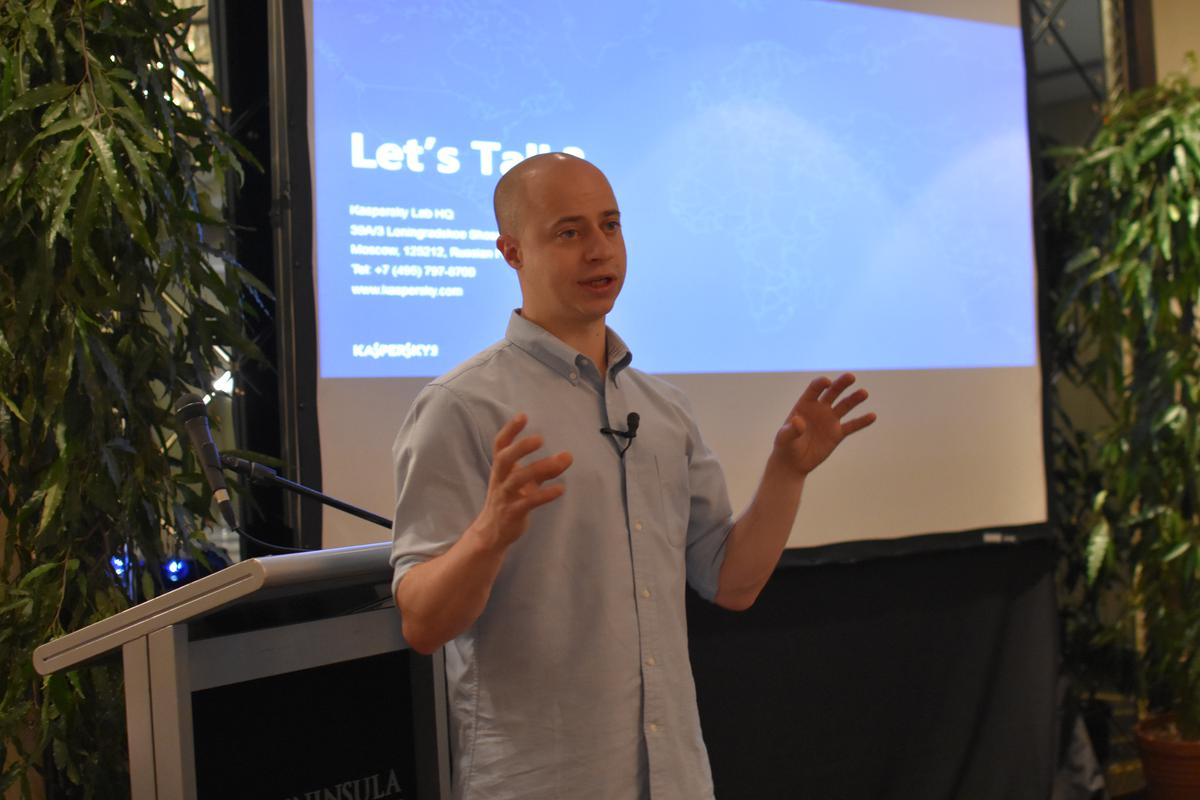Kaspersky Lab has announced that it is moving a number of its core processes from Russia to Switzerland as part of its Global Transparency Initiative. The move includes customer data storage and processing for most regions, as well as software assembly, including threat detection updates.
Kaspersky Lab is also arranging for this activity to be supervised by an independent third party, also based in Switzerland, as a show of transparency and integrity for everyone involved.
Global transparency and collaboration for an ultra-connected world
The Global Transparency Initiative reflects Kaspersky Lab’s ongoing commitment to assuring the integrity and trustworthiness of its products. The new measures are the next steps in the development of the initiative, but they also reflect the company’s commitment to working with others to address the growing challenges of industry fragmentation and a breakdown of trust. Trust is essential in cybersecurity, and Kaspersky Lab understands that trust is not a given; it must be repeatedly earned through transparency and accountability.
The new measures comprise the move of data storage and processing for a number of regions, the relocation of software assembly and the opening of the first Transparency Center.
Relocation of customer data storage and processing
By the end of 2019, Kaspersky Lab will have established a data center in Zurich and in this facility will store and process all information for users in Europe, North America, Singapore, Australia, Japan and South Korea, with more countries to follow. This information is shared voluntarily by users with the Kaspersky Security Network (KSN) an advanced, cloud-based system that automatically processes cyberthreat-related data.
Relocation of software assembly
The Zurich data center will also be its ‘software build conveyer’ — a set of programming tools used to assemble ready-to-use software out of source code. Before the end of 2018, Kaspersky Lab products and threat detection rule databases (AV databases) will be assembled and signed with a digital signature in Switzerland, before being distributed to the endpoints of customers worldwide. The relocation will ensure that all newly assembled software can be verified by an independent organization, and show that software builds and updates received by customers match the source code provided for audit.
Establishment of the first Transparency Center
The source code of Kaspersky Lab products and software updates will be available for review by responsible stakeholders in a dedicated Transparency Center that will also be hosted in Switzerland and is expected to open this year. This approach will further show that generation after generation of Kaspersky Lab products were built and used for one purpose only: protecting the company’s customers from cyberthreats.
“Cyber world is encountering difficult times with the rise of balkanization and protectionism. As a result of these actions, unfortunately, the only beneficiaries are cybercriminals. We believe that we need to address this new reality, and that is why we have announced Global Transparency Initiative,” said Anton Shingarev, vice president for Public Affairs & head of the CEO Office at Kaspersky Lab.
“By implementing this transparent approach in cybersecurity, Kaspersky Lab is establishing an unprecedented standard in the industry. At this point in the history of cybersecurity, openness is crucial in forging transparent relationships and help establish policies that would benefit each and all to be safe from cyber threats,” he said.“Introducing radical technology is in the DNA of Kaspersky Lab. For more than two decades, we’ve been at the forefront of developing cybersecurity technologies that were clearly ahead of its time. Right now, we’re in the midst of providing the public yet again with a game-changing approach as far as cybersecurity best practices are concerned.” said Stephan Neumeier, Managing Director of Kaspersky Lab Asia Pacific.
We believe we have taken a crucial first step of a paradigm shifting approach for greater transparency in the cybersecurity industry. Businesses should request for codes disclosures in their RFPs. With disclosure of source codes, biases would be eliminated and the greater public will gain the most out of it,” he added.
Kaspersky Lab aims to significantly improve the resilience of its IT infrastructure to any trust risk – even theoretical ones – and to increase its transparency to current and future clients as well as to the general public.
Read more about Kaspersky Lab transparency principles and the Global Transparency Initiative here: www.kaspersky.com/about/transparency
